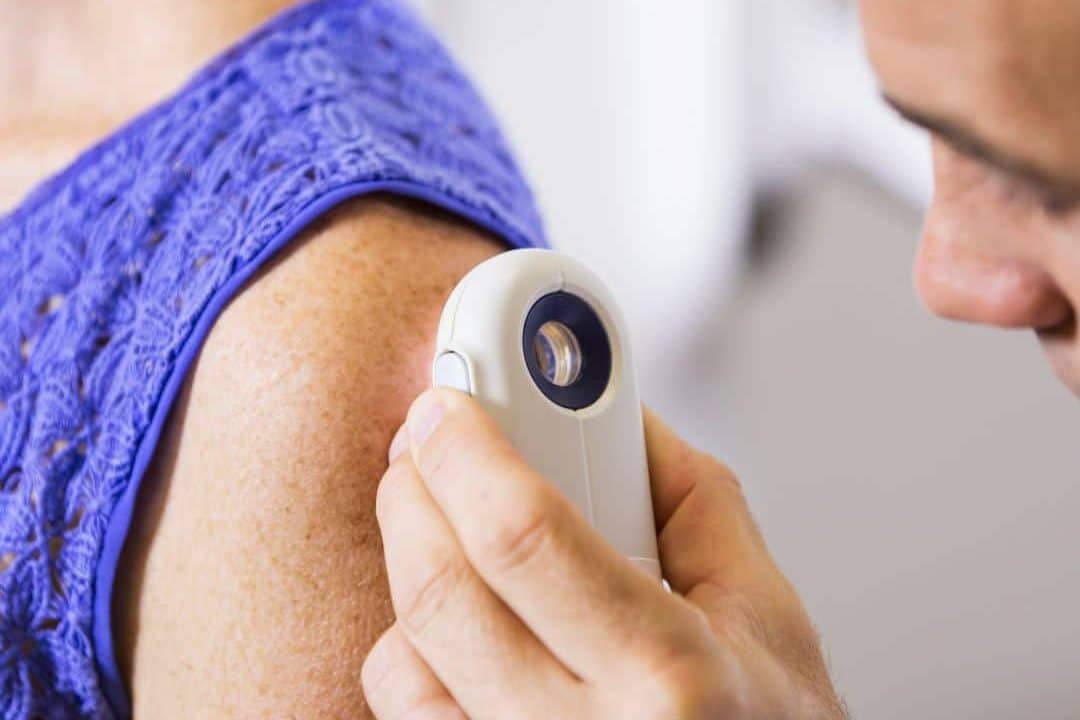
Many Fort Myers and Naples, FL men and women who notice a growth or skintag on their body may be concerned about skin cancer. However, in some instances, these growths may be diagnosed as actinic keratosis, and may still require treatment even if they are not cancerous.
What is actinic keratosis?
Actinic keratoses are pre-cancerous cell growths. While they often don’t progress into and become skin cancer, it is still recommended that these growths be removed to reduce these chances. Actinic keratosis is a common dermatological concern but is rather harmless in most instances.
What causes actinic keratosis?
It has been found that areas that have had intense or routine exposure to sunlight or tanning beds are the most likely to develop actinic keratosis. This reiterates the importance of protecting the skin from UVA and UVB rays every day to reduce the risk of developing skin cancer. Though actinic keratosis is not skin cancer, it often develops in a similar manner and needs to be addressed in many instances. Actinic keratoses might be spotted during a routine skin cancer screening at Harris Dermatology, during which a doctor will evaluate the patient from head to toe to look for signs of cancerous cells or changes in the skin that may be indicative of skin cancer or concerning changes.
What treatments are available for actinic keratosis?
Treatment to remove actinic keratosis vary, as the size and location of the growth may dictate the best treatment option for an individual. Some of the ways in which these lesions are treated include:
- Cryotherapy (freezing using liquid nitrogen)
- Electrodessication and curettage
- Topical chemotherapy medications
- Photodynamic therapy
The protocols used to treat a patient’s actinic keratosis may be different for each patient, so a consultation appointment and initial evaluation is often recommended at Harris Dermatology.
Request a visit at Harris Dermatology today
With two locations in the areas of Fort Myers and Naples, FL, patients can work with the providers at Harris Dermatology to improve the appearance of their skin and address these precancerous growths quickly and easily with the care of a professional. Call Drs. Brian, Ross, and Keith Harris today to schedule an appointment.

